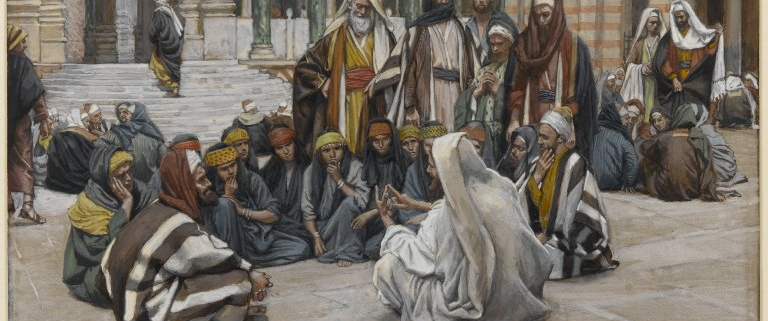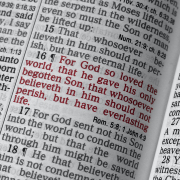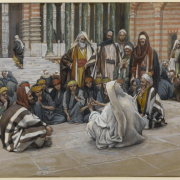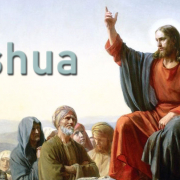Was Jesus a Rabbi?
Is there a single word that best sums up the life of Jesus? Many call him “the Savior” because he saves people from being alienated from God. Others call him “the Redeemer” for much the same reason. Perhaps the most common title used to describe Jesus is “the Christ,” which is the Greek word for “Moshaich” or “Messiah.” This word reflects Yeshua’s lineage from King David and his identity as the promised one who would lead God’s people forever (Matthew 1:1; John 4:25–26). Surprisingly, however, one of the most common titles that Jesus was called during his life was “rabbi.”1 This is an immediate reminder that Jesus was Jewish and lived and served the Jewish people!
God’s people, from Moses on, always needed teachers to explain the Bible and apply it to the difficulties of everyday life. Some of these teachers were Levites, God’s appointed people to explain the Torah to Israel (Leviticus 10:8–10). Others were prophets, such as Isaiah and Jeremiah, who preached to the people of Israel when her leaders strayed from God. However, in Yeshua’s day, there were also thriving synagogues in Israel and throughout the Diaspora, as well as multiple sects such as the Pharisees and the Essenes, each having their own leaders and teachers.
In the middle of this first-century era, a carpenter’s son who grew up in Northern Israel brought together a group of followers and began teaching them about God. He appointed them to be his disciples (talmidim) in the school of life, and he travelled throughout Israel to teach others the same message. During this period, there were other traveling teachers in Israel, and they called themselves “rabbis,” which means “teacher” or “my master.”2 However, none of those other rabbis had the overwhelming success of Rabbi Yeshua.
Wherever Yeshua went, crowds gathered to hear his teachings. Thousands followed him to an open plain overlooking the Sea of Galilee, where he taught the Sermon on the Mount, the most notable teaching moment of his career (Matthew 5—7). People hung onto his words because he answered their heart’s deepest questions, gave hope to their greatest longings, and taught them to see God in their everyday lives. His ethics of loving God and loving neighbor had a beautiful simplicity that captivated the people of Israel, leading many to believe that he was the Messiah.
The Jewish people of Rabbi Yeshua’s era were drawn to him by more than his teachings, however. Alongside his teachings were the miracles and healings he performed that Israel had not seen since the days of Elijah and Moses. When the friends of a man named John asked Jesus if he was the promised Messiah, Jesus answered, “Go and tell John what you have seen and heard: the blind receive their sight, the lame walk, lepers are cleansed, the deaf hear, the dead are raised up, the poor have good news preached to them” (Luke 7:22). This answer sufficed, for none could deny that Jesus was doing miracles no normal human being could do. To encounter Jesus was to come away forever changed.
Was Jesus a rabbi? Yes, of course! But he was also more than a rabbi. Because we believe that he has the words of eternal life (John 6:68), we listen when he says,
“Come to me, all who labor and are heavy laden, and I will give you rest.
Take my yoke upon you, and learn from me,
for I am gentle and lowly in heart, and you will find rest for your souls.
For my yoke is easy, and my burden is light” (Matthew 11:28–30).
Footnotes
- Matthew 26:25, 49; Mark 9:5; 10:51; 11:21; 14:45; John 1:38, 49; 3:2; 4:31; 6:25; 9:2; 11:8; 20:16
- John 1:38, John 20:16, Josephus Wars of the Jews 1.655ff. For an extensive discussion, see Eduard Lohse, “Ῥαββί, Ῥαββουνί,” ed. Gerhard Kittel, Geoffrey W. Bromiley, and Gerhard Friedrich, Theological Dictionary of the New Testament (Grand Rapids, MI: Eerdmans, 1964–), 961-5.

 Public Domain
Public Domain

 Public Domain
Public Domain

 Ad Meskins
Ad Meskins Brian Crawford
Brian Crawford